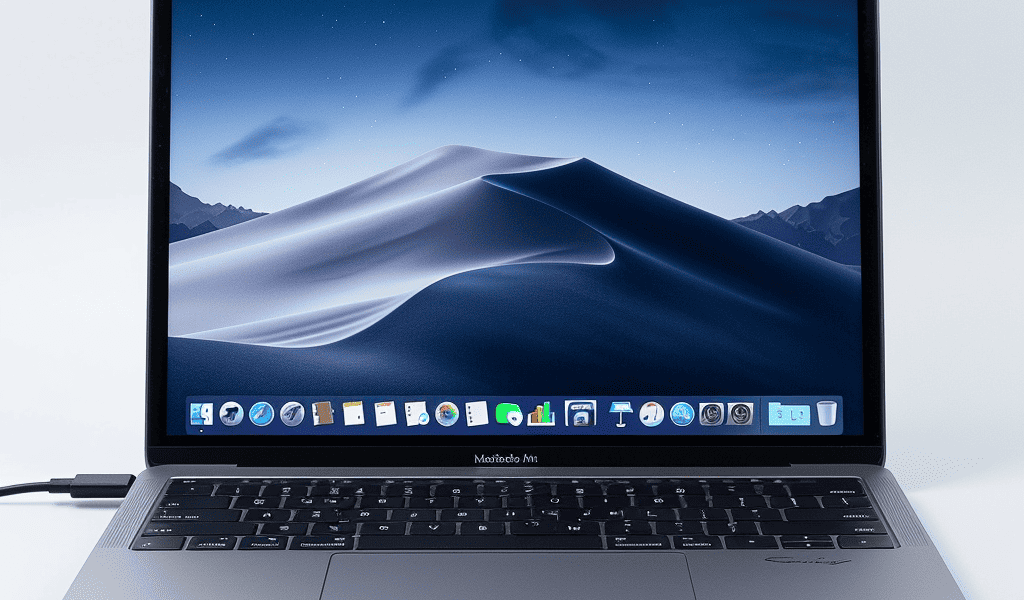Asahi Linux, the project dedicated to bringing Linux support to Apple Silicon hardware, has been making significant progress on various features for the platform. Following the recent release of Fedora Asahi Remix 39, developers have shared updates on the ongoing development efforts for Apple Silicon on Linux and the newly-enabled Fedora Asahi capabilities.
One of the key advancements is the progress made on HDMI support, with developers stating that it’s almost ready. Additionally, improvements have been made to Bluetooth and WiFi support, as well as web camera functionality. Another notable development is the work on enabling speaker support, which has been a lengthy battle.
Energy-Aware Scheduling (EAS) support has also been a major focus, aiming to enhance battery life and power optimizations on Linux. The implementation of EAS and utilization clamping has resulted in significant improvements, with an M2 MacBook Air now offering 8-10 hours of battery life while playing YouTube content and 12-15 hours for desktop use, up from the previous six hours.
Efforts to properly support the Apple Silicon GPU are ongoing, with OpenGL ES 3.1 now in order with the latest Mesa code. Additionally, work is being done to address geometry shaders as part of OpenGL 3.2 / GLES 3.2, and to handle Steam on Apple Silicon via VMs with DRM native contexts. Demonstrations have shown Valve’s Portal running at around 60 FPS.
To learn more about the latest developments in Asahi Linux, readers can visit the project’s official blog post at AsahiLinux.org.





